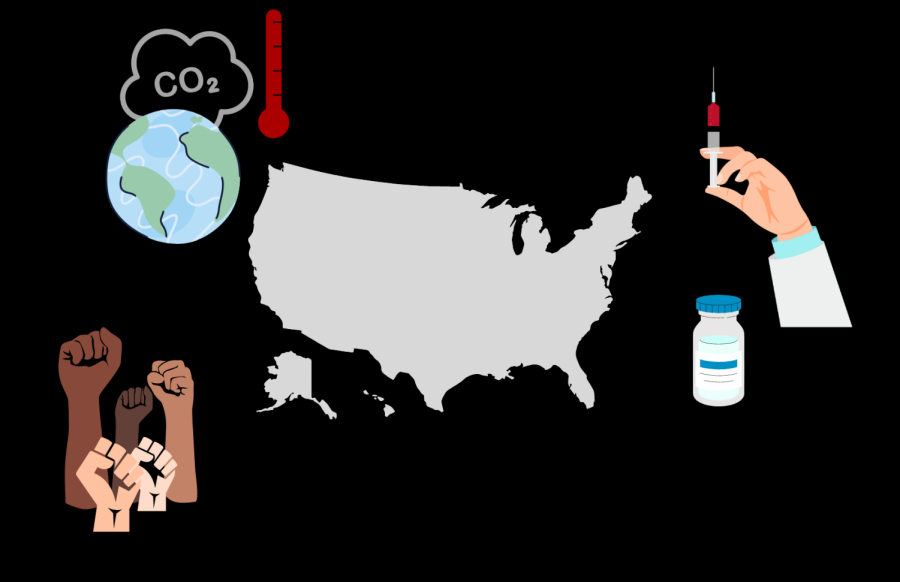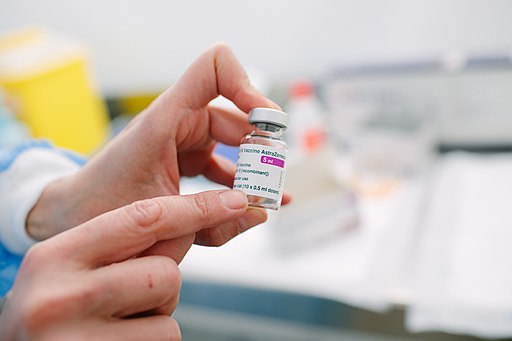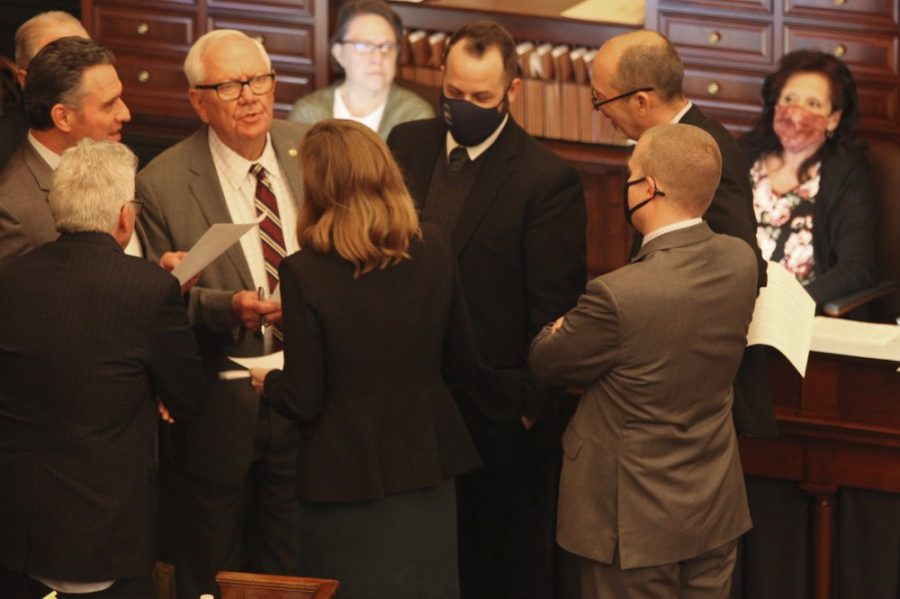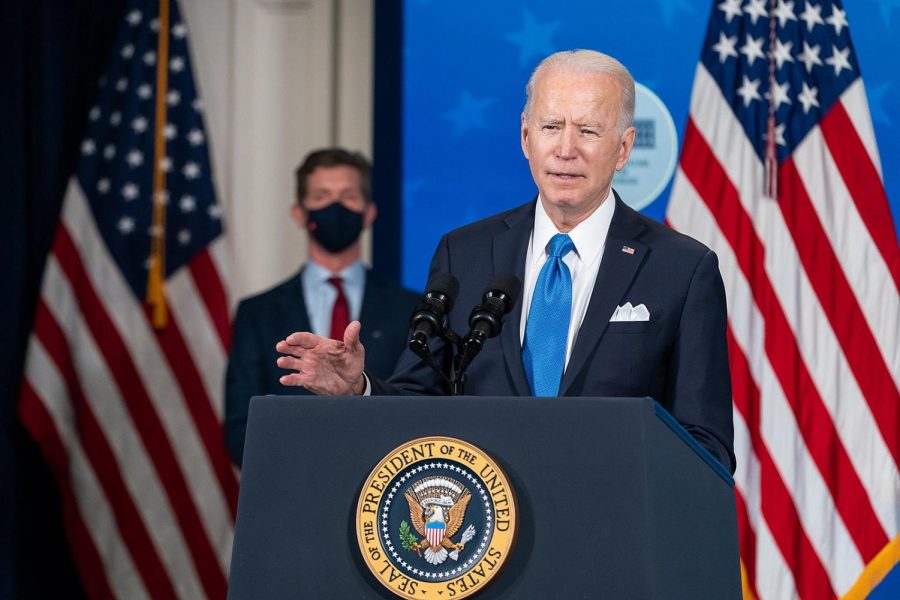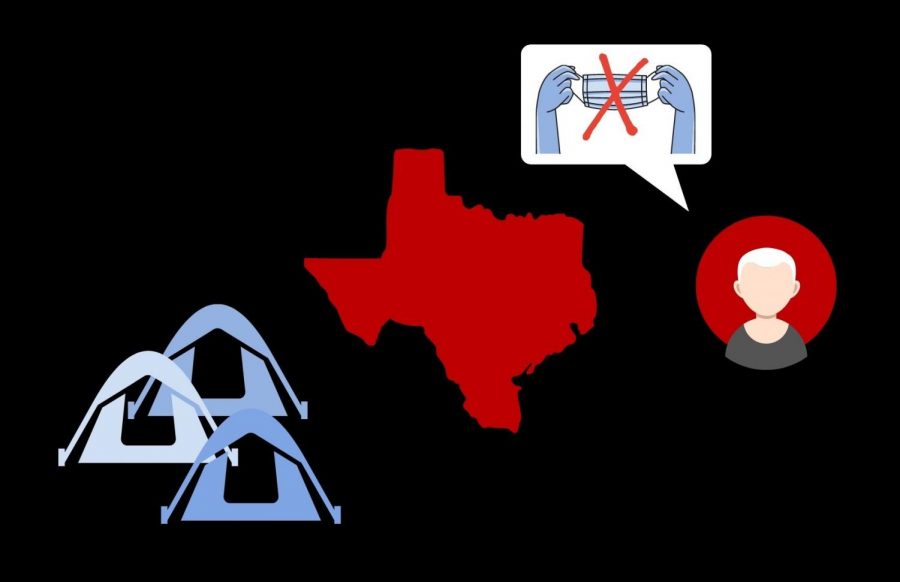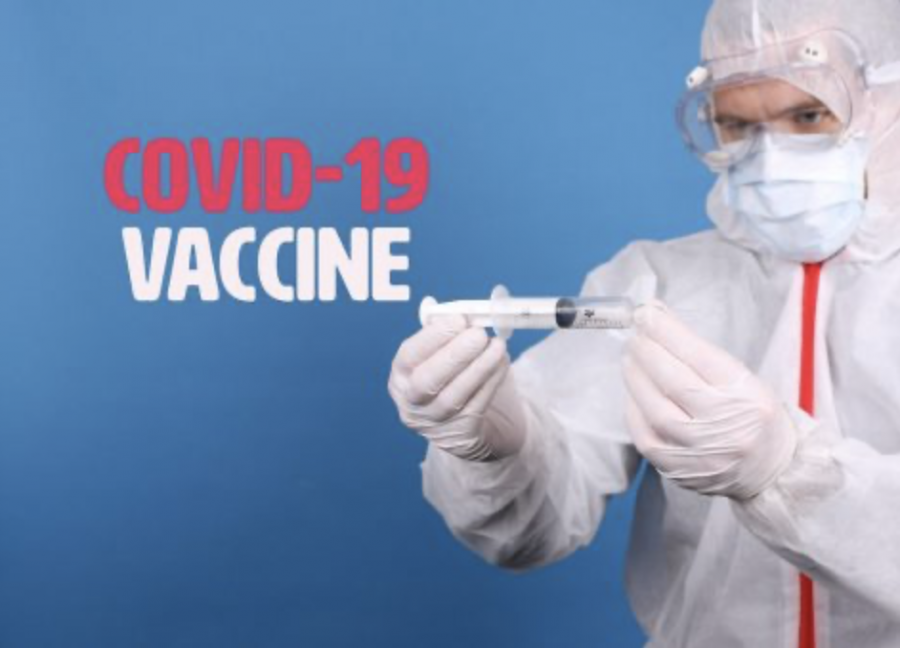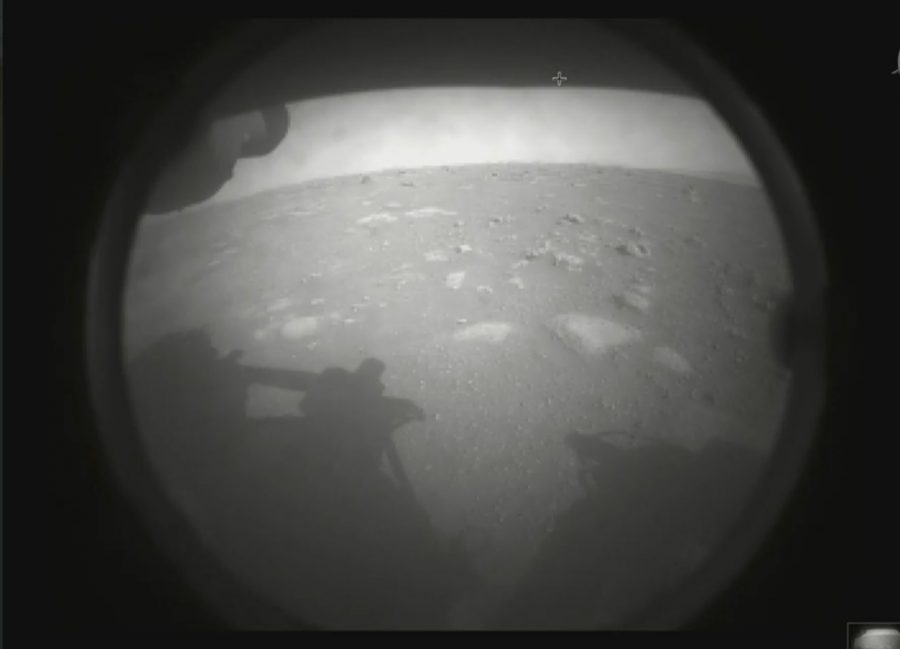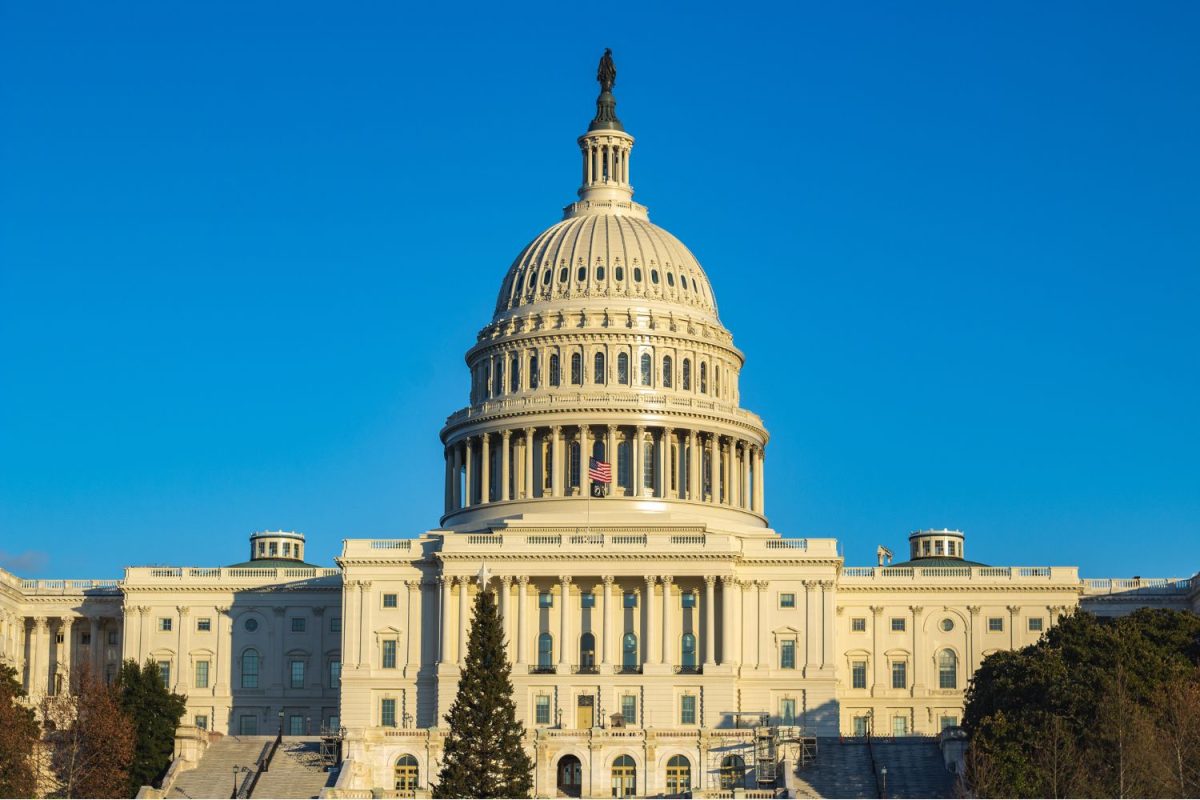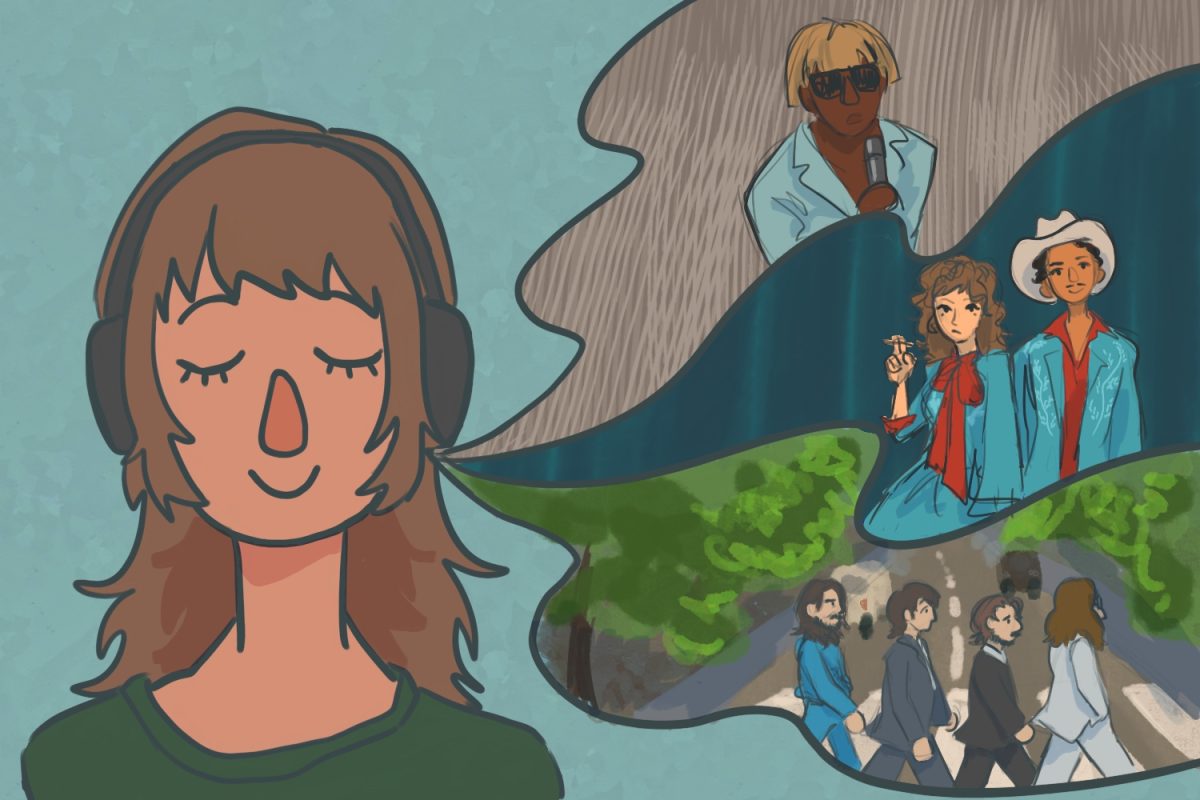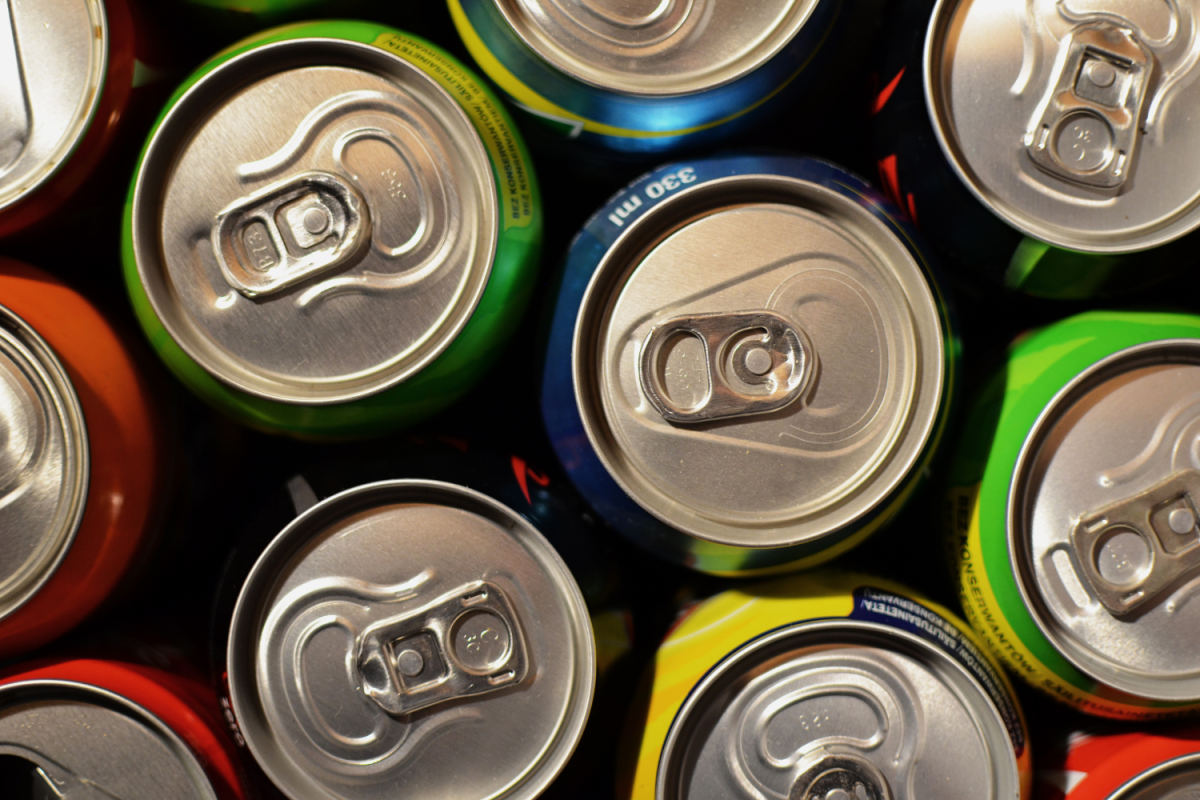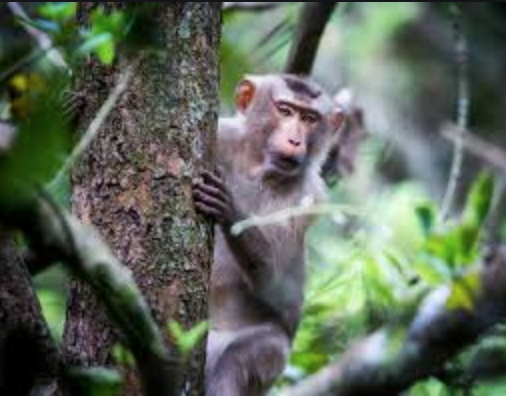
According to a report done by the American Association for the Advancement of Science, a Chinese biotech company, Sinovac Biotech, has developed a COVID-19 vaccine that has protected monkeys from the virus. The monkeys tested were rhesus macaques, who share around 93% of their DNA with humans.
Sinovac Biotech gave eight of these monkeys two different dosages of their vaccine, before introducing the coronavirus, SARS-CoV-2, into their lungs via tubes three weeks later. A week later, the scientists discovered that there were no signs of infection in any of the lungs or pharynxes in the monkeys with a higher dosage and only a controlled, trace amount of virus in those with a lower dosage.
Good COVID-19 news: Monkeys given an old-fashioned, inactivated virus vaccine made by China's Sinovac fended off SARS-CoV-2. It also didn't cause harm. Researchers not connected to work have cautious optimism. Human trials underway.
https://t.co/ny9AdZnBOQ pic.twitter.com/1OeZleDPul— Jon Cohen (@sciencecohen) April 23, 2020
Based on reports done by the research team, the four control monkeys were found to have high levels of RNA of the virus and pneumonia in several body parts, which gives them hope that the vaccine will work on humans.
“This is old school, but it might work. What I like most is that many vaccine producers, also in lower-middle-income countries, could make such a vaccine,” said Florian Krammer, a virologist at the Icahn School of Medicine at Mount Sinai.
However, there are some concerns that the sample size of the monkeys was too small to draw any significant conclusions, as said by the University of Pittsburg’s Douglas Reed.
The fact that one of the samples is only causing partial protection also raises concerns. These concerns were addressed by the scientists of Sinovac, who found no evidence of lung damage in any of the monkeys given the vaccine. In contrast, previous experiments had caused pathogens to attack the animal’s lungs.
While monkeys don’t develop the same severe symptoms that humans do with COVID-19, the researches explained that it’s too early to determine the best animal model for vaccines, and as of right now, this test shows promise.


